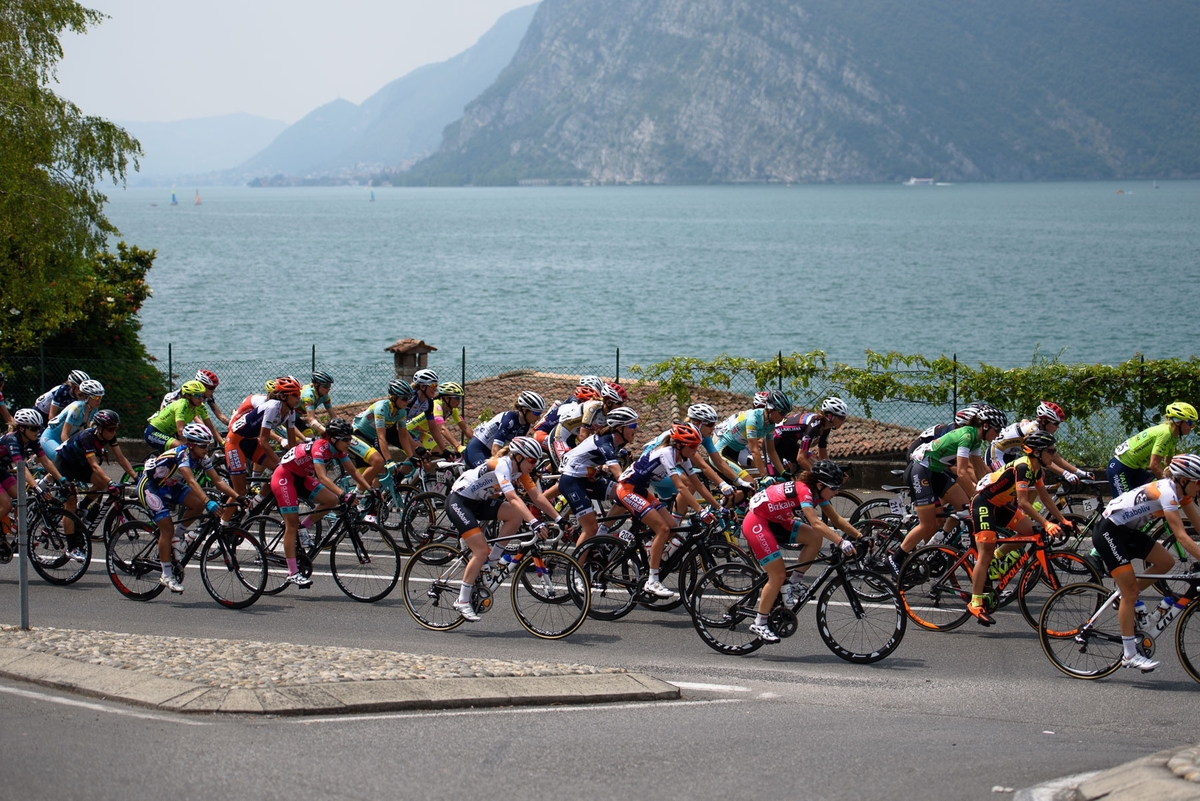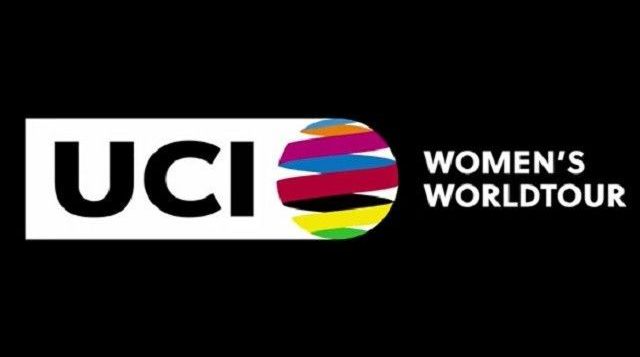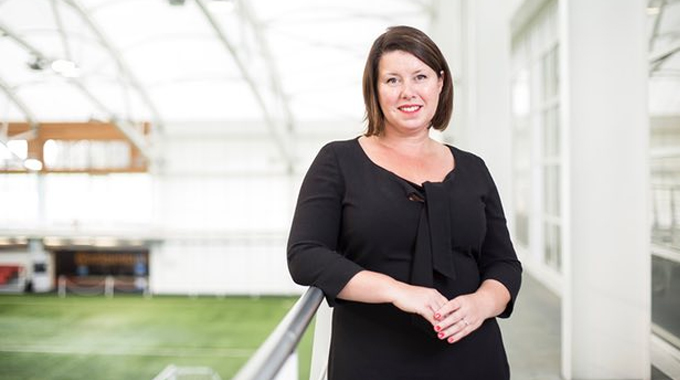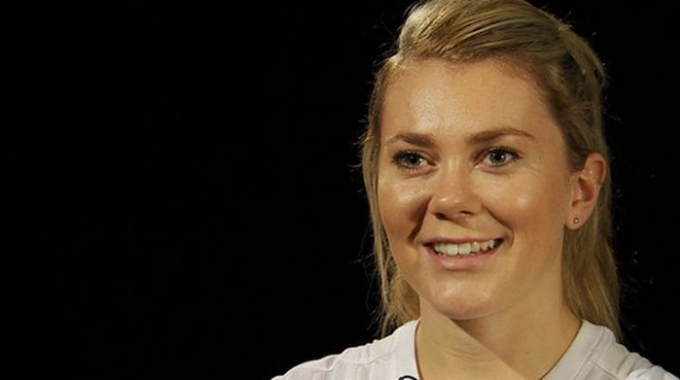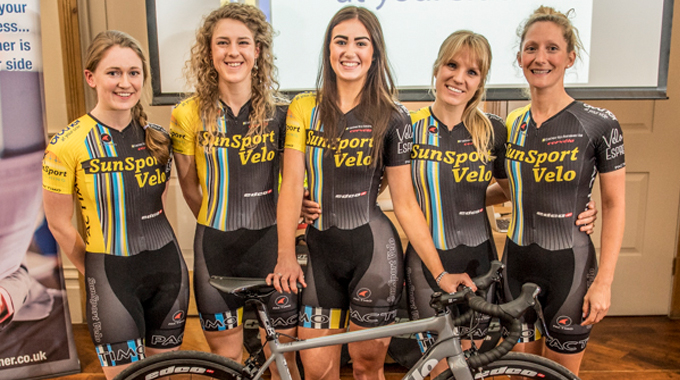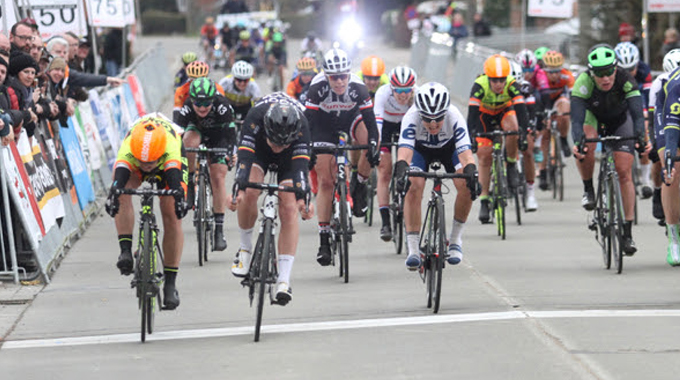Reports of sexism and abuse in women’s cycling have been trickling out for some time – and now a body of work based on evidence from 12 anonymous riders shows plenty more have stories to tell.
The report, published by The Outer Line, is based on interviews with women who represent a cross section of UCI Women’s World Tour (WWT) riders. Comments from those who prefer to remain nameless back up the reports we’ve heard from the small number who felt brave enough to risk their careers to speak out.
The twelve riders represent five nationalities. Three come from current or former top 5 UCI teams, 4 come from the lower half of the WWT, and the others race or have raced for lower ranked teams.
“Rather than being rare exceptions, abusive behavior and rampant harassment actually define the standard working conditions”
The investigators behind the study – Joe Harris and Steve Maxwell – opened with their overarching conclusion: “A legacy of abuse and sexism unfortunately continues to simmer just beneath the surface of women’s professional cycling – and particularly within the smaller and more thinly-supported teams. This negative culture puts many cyclists at risk, and severely undermines the sport’s reputation and potential for long-term economic growth.”
They added: “Rather than being rare exceptions, abusive behavior and rampant harassment actually define the standard working conditions faced by many women racing today.”
The pair investigated three key themes: financial manipulation, psychological control, and physical abuse.
Financial Manipulation

The report states that the women came with “many similar accounts of contract negotiations being deliberately changed or sabotaged” and that the riders felt “they are valued less or dismissed more quickly because they are women in a male-dominated sport”.
It was stated that of the 41 women’s elite and pro squads registers with the UCI, the top half-dozen alone have the budget to professional support a team. Riders confirmed that: “team finances can be very shady, and a contract is often not worth anything in the end.”
Of the 41 women’s elite and pro squads registers with the UCI, the top half-dozen alone have the budget to professional support a team.
Riders said that managers would refuse to pay wages, and “punish” riders for offences such as being “overweight”. One responder said she was charged €2000 for a pair of wheels that were damaged in a race-related crash.
Contracts, it seems, are changeable – as one rider explained: “I was promised a specific contract, in writing, during the summer. But a few days before the signing deadline, when I received the official contract, they had changed everything! I would only get salary for part of the year, and essentially at only half the rate I was promised in the emails. And by then, it was so late in the year that most other teams wouldn’t return my calls, because I had already told them I wasn’t interested.”

